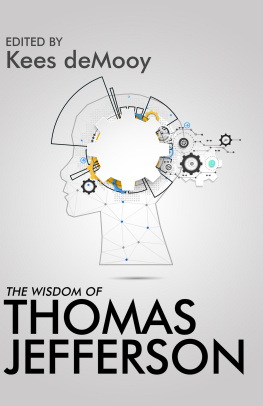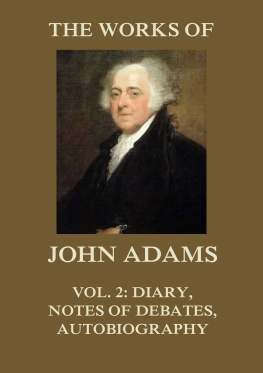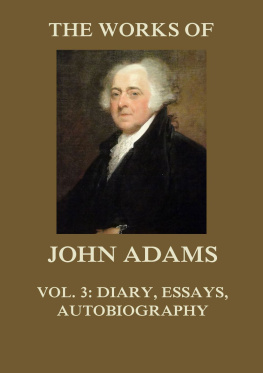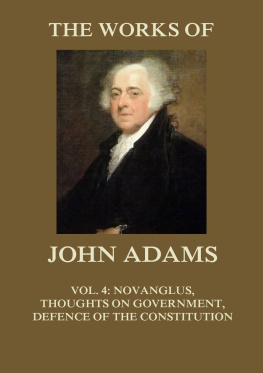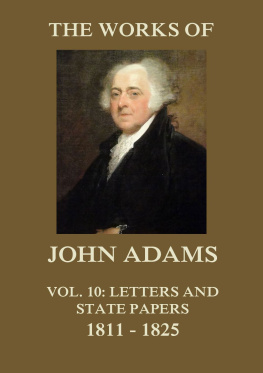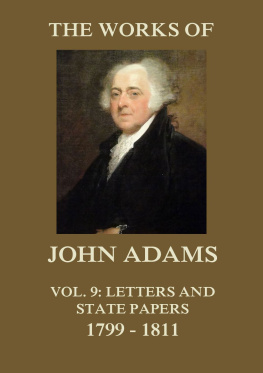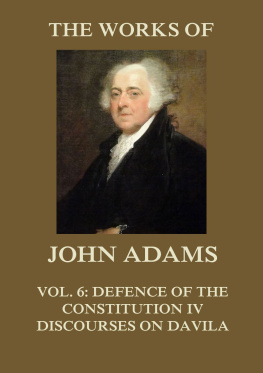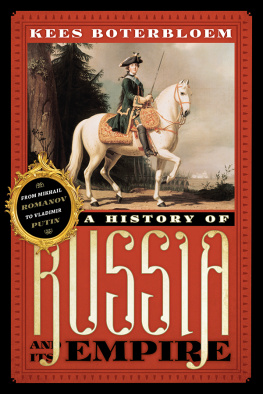CITADEL PRESS books are published by
Kensington Publishing Corp.
850 Third Avenue
New York, NY 10022
Copyright 2003 Philosophical Library, Inc. Selection copyright 2003 Kees de Mooy
All rights reserved. No part of this book may be reproduced in any form or by any means without the prior written consent of the publisher, excepting brief quotes used in reviews.
Titles included in the Wisdom Library are published by arrangement with Philosophical Library.
CITADEL PRESS is a Reg. U.S. Pat. & TM Off. The Citadel Logo is a trademark of Kensington Publishing Corp.
Library of Congress Control Number: 2002110878
ISBN: 978-0-8065-2465-8
Table of Contents
(4 September 1820)
My plain writings have been misunderstood by many, misrepresented by more, and vilified and anathematized by multitudes who never read them. They have, indeed, nothing to recommend them but stubborn facts, simple principles, and irresistible inferences from both, without any recommendation from ambitious ornaments of style, or studied artifices of arrangement; notwithstanding all which, amidst all the calumnies they have occasioned, I have the consolation to know, and the injustice I have suffered ought to excuse me in saying, that they have been translated into the French, German, and Spanish languages; that they are now contributing to introduce representative governments into various nations of Europe, as they have before contributed to the introduction and establishment of our American constitutions, both of the individual states and the nation at large; and that they are now employed, and have been, in assisting the South Americans in establishing their liberties, from the days of Miranda to this hour. I may say, with Lord Bacon, that I bequeath my writings to foreign nations, and to my own country, after a few generations shall be past.
(WJA X 392)
INTRODUCTION
The Wisdom of John Adams consists of fifteen chapters of quotations grouped thematically into four sections. The quotations within each chapter are arranged chronologically, allowing the reader to follow the progress of historical events and monitor the evolution of Adamss thinking over time. The selections are presented as they were written, with minor adjustments where eighteenth-century spelling, punctuation, or grammar conventions have obscured the meaning of a passage. The capitalization of words within sentences has likewise been eliminated to reflect modern usage. Editorial insertions are separated from the text with square brackets. Brief introductions to selected passages have been provided where necessary to place quotes in context. As a further aid to the reader, a Timeline with important biographical and historical events has been inserted after the Introduction.
* * *
John Adams was born on October 30, 1753, in Braintree (now Quincy), Massachusetts. He was educated at Harvard and began a lifelong study of history, government, and political philosophy. At the start of his career as a young lawyer in Boston, Adams found himself at the center of trade and legal controversies that eventually drove the American colonies into open revolt. He quickly rose to prominence in Massachusetts politics and became associated with many of the central figures of the American Revolution, including John Dickinson, James Otis, and Samuel Adams, his second cousin. Throughout this turbulent period, John Adams envisioned glorious prospects for a United States, but debates over independence moved far too slowly for his liking. There is always more smoke than fire, he impatiently confided to his wife, Abigail, more noise than music. As a delegate to the First and Second Congresses, Adams was a tireless worker, serving on so many committees that he claimed he did more business than any other member of that house. His steadfast efforts and prodigious talents were recognized and respected by the other members of Congress, so much so that they sent him abroad to negotiate treaties with France and Holland, and, as the war was drawing to a close, the Treaty of Paris that formally ended the conflict with Great Britain. After the war, whether in his capacity as the first ambassador to Great Britain, a two-term vice president under Washington, the second president of the United States, or as an aging statesman at home in Quincy, Adams continued to revisit the Revolution to clarify its significance and reinforce its lessons.
Adamss personality was shaped by his New England heritage and upbringing, his religious and philosophical education, and his experiences in what he referred to as the flowery meadows and dismal swamps of life. His background made him look skeptically and critically at himself and the world around him. He constantly analyzed his own and others shortcomings in the belief that he is not a wise man, and is unfit to fill any important station in society, that has left one passion in his soul unsubdued. Vanity, avarice, luxury, ambition, and envy were to be weeded out, while virtue, honor, justice, and temperance gained his approbation.
The Unitarian religion, with its focus on personal responsibility and respect for other faiths, helped to shape Adamss temperament. He derived solace from his belief in God, and was convinced that all good men are Christians. He believed in the separation of church and state, but did not hesitate during his presidency to declare a day of solemn humiliation, fasting and prayer; that the citizens of these States, abstaining on that day from their customary worldly occupations, offer their devout addresses to the Father of mercies. He also professed that, despite its many shortcomings, religion was essential to a well-ordered society. Matters beyond mans comprehension were best left to Gods Providence, and as he approached his own demise, he often meditated on the promise of life after death.
John Adams married Abigail Smith in 1764. Though not formally schooled, she was a highly intelligent woman who shared his love of reading and writing. She was his closest friend and confidante, and with her he shared his greatest joys and sorrows. Their marriage lasted fifty-four years, until Abigails death of typhoid fever. During his political career, Adams was separated from his wife for long periods, sometimes years, and in his letters to her, he would unburden himself of his cares and yearn for her comforting presence. He wrote to her about everything that crossed his mind, from affairs of state to the moral education of their children. The resulting correspondence is unparalleled in American letters. Every letter shows his deep and abiding respect and love for her. In a sentiment that he often repeated, he wrote that all the friendship I have for others is far unequal to that which warms my heart for you. The most agreeable time that I spend here is in writing to you, and conversing with you, when I am alone.
Adams developed his considerable political talent and reputation by reading every book on history, government, and political theory that he could find, debating in the circuit courts throughout New England, publishing anonymous works on the rights of American colonists, and working his way into a leading role in Congress during the American Revolution. Adams was chosen to be part of the committee to draft the Declaration of Independence, but he deferred the task to his young friend, Thomas Jefferson. By the time he became the first ambassador to Great Britain, his vast experience in domestic and international politics set him apart from almost every other man in America. Only George Washington, the military hero of the Revolution, received more votes in the first presidential election of the new nation. As the second-place finisher, Adams became vice president and served his superior faithfully for two terms. In his position as president of the Senate, he exercised a level of control that has remained unmatched to this day. He often lectured the assembled senators, and during the thirty-one times that competing factions were locked in a tie, he cast the deciding ballot.






